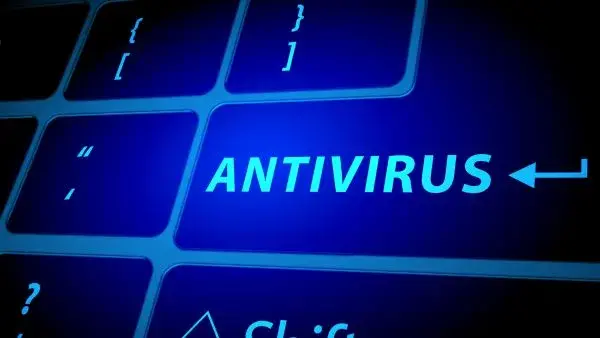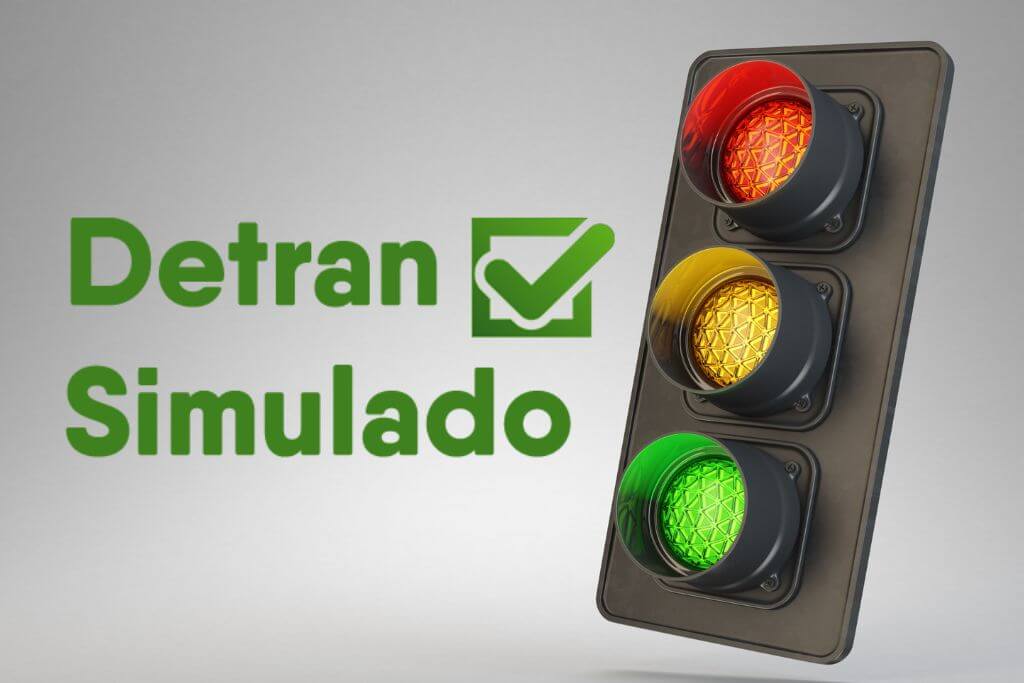Find out if it's worth subscribing to an antivirus plan to protect your information and keep your digital security up to date.
Adverts
Nowadays, digital security is a priority. With the growth of online activities, vulnerability to cyber attacks has increased considerably. The threats are varied and sophisticated, making it essential to adopt effective protection measures.
Among these measures, the use of antivirus software stands out as one of the most recommended options. However, many people wonder whether it's really worth investing in such software. After all, is it a necessary expense or an unnecessary luxury?
Understanding the importance of an antivirus is fundamental. These programmes not only protect your device against viruses and malware, but also offer additional functionalities such as real-time protection and password management.
In this article, we'll explore what's at stake when considering the purchase of an antivirus. We'll analyse the main software available on the market, their features and advantages.
In addition, we will discuss the cost-benefit ratio of investing in an antivirus, considering what is at risk when surfing the Internet without adequate protection.
Finally, you'll find useful tips for choosing the ideal antivirus for your needs. In the end, we hope you have a clear vision of the importance of this investment for your digital security.
Quick Index:
Why invest in an antivirus?

Investing in an antivirus can be crucial to protecting your personal and professional information. The risks of not using security software include exposure to malware, ransomware and viruses that can compromise your data.
These attacks can result in financial losses, identity theft and irreparable damage to your online reputation.
In addition, a reliable antivirus offers a number of benefits. It not only detects and removes threats, but also provides constant updates to stay ahead of the new types of malware that emerge on a daily basis. In a constantly evolving digital world, having an additional layer of protection is essential.
What is an antivirus for?
An antivirus is software designed to detect, block and remove viruses and other cyber threats. Its main function is to protect the computer and user data from malware, which can cause significant damage. In addition, antiviruses offer features such as:
- Real-time protection: They continuously monitor the system for threats.
- Analysing files: They check files and programmes before they are executed.
- Malware removal: Eliminate viruses and other infections already in the system.
- Automatic updates: Keeps the software up-to-date against new threats.
- Navigation safety: Protects against malicious websites and phishing.
What problems can I have without an antivirus?
Surfing the Internet without an antivirus can result in a number of serious problems. These include:
Malware infectionsYour device can be compromised by viruses, trojans and other types of malware.
Data theftPersonal and financial information can be captured by hackers, resulting in identity theft.
Loss of filesMalware can corrupt or delete important data stored on your device.
Slow performanceMalware infection can cause system slowdowns, making use of the device frustrating.
Unauthorised accessHackers can gain remote control of your device, using it for illicit activities.
These problems can not only affect your security, but also result in financial losses and reputational damage.
Main antiviruses on the market
Norton
O Norton is one of the most recognised and respected antiviruses on the market. It offers a wide range of functionalities, including real-time protection, a firewall, password management and protection against ransomware.
Although Norton has a solid performance in detecting malware, its interface can be a little confusing for new users. In addition, some people find the cost relatively high compared to other antiviruses.
Read also: Norton Antivirus: protect your devices
McAfee
O McAfee is known for its comprehensive approach to security. In addition to virus protection, it offers features such as identity protection and system optimisation tools.
McAfee also has a safe browsing feature that helps protect users while they browse the internet. However, some users report that the impact on system performance can be significant.
Read also: McAfee Antivirus: Is it worth it?
Avast
O Avast is popular for its free version, which offers good basic protection. Its paid version, however, includes advanced features such as protection against ransomware, a firewall and a password manager.
Avast stands out for its user-friendly interface and its low consumption of system resources. However, some users have concerns about the collection of personal data.
Read also: Avast Antivirus: is it worth using?
Kaspersky
O Kaspersky is widely recognised for its effectiveness in detecting malware. It offers a range of features, including real-time protection, phishing blocking and parental controls.
Its interface is intuitive and easy to navigate. However, in some regions Kaspersky faces challenges due to concerns about privacy and the origin of the software.
Read also: Kaspersky Antivirus: is it safe?
Antivirus comparison
| Antivirus | Price | Features | Effectiveness | Compatibility |
|---|---|---|---|---|
| Norton | High | Real-time protection, password management | High | Windows, Mac, Android, iOS |
| McAfee | Medium | Identity protection, system optimisation | High | Windows, Mac, Android, iOS |
| Avast | Free/paid | Basic protection, password manager | Good | Windows, Mac, Android, iOS |
| Kaspersky | Medium | Parental control, phishing blocking | High | Windows, Mac, Android, iOS |
Is it worth paying for an antivirus?
The question of whether to pay for an antivirus can be a complex decision. While some people may find that the basic protection offered by free versions is sufficient, others may benefit significantly from the additional functionalities and enhanced security that paid versions offer.
Consider what you're willing to risk. If you deal with sensitive information, a paid antivirus may be a worthwhile investment. On the other hand, if your browsing is limited and doesn't involve critical information, a free antivirus may meet your needs.
Tips for choosing the right antivirus
When choosing an antivirus, take the following tips into account:
FeaturesCheck which features are on offer and whether they meet your needs.
CostEvaluate whether the price justifies the features and protection you will receive.
Compatibility: Make sure the antivirus is compatible with your operating system.
Reputation: Search for opinions from other users and expert evaluations.
Conclusion
In short, the question "is it worth investing in an antivirus?" depends on your individual needs and the level of risk you are willing to accept.
Protection against cyber threats is crucial in a digital world, and having a reliable antivirus can make all the difference.
You may be interested:,















